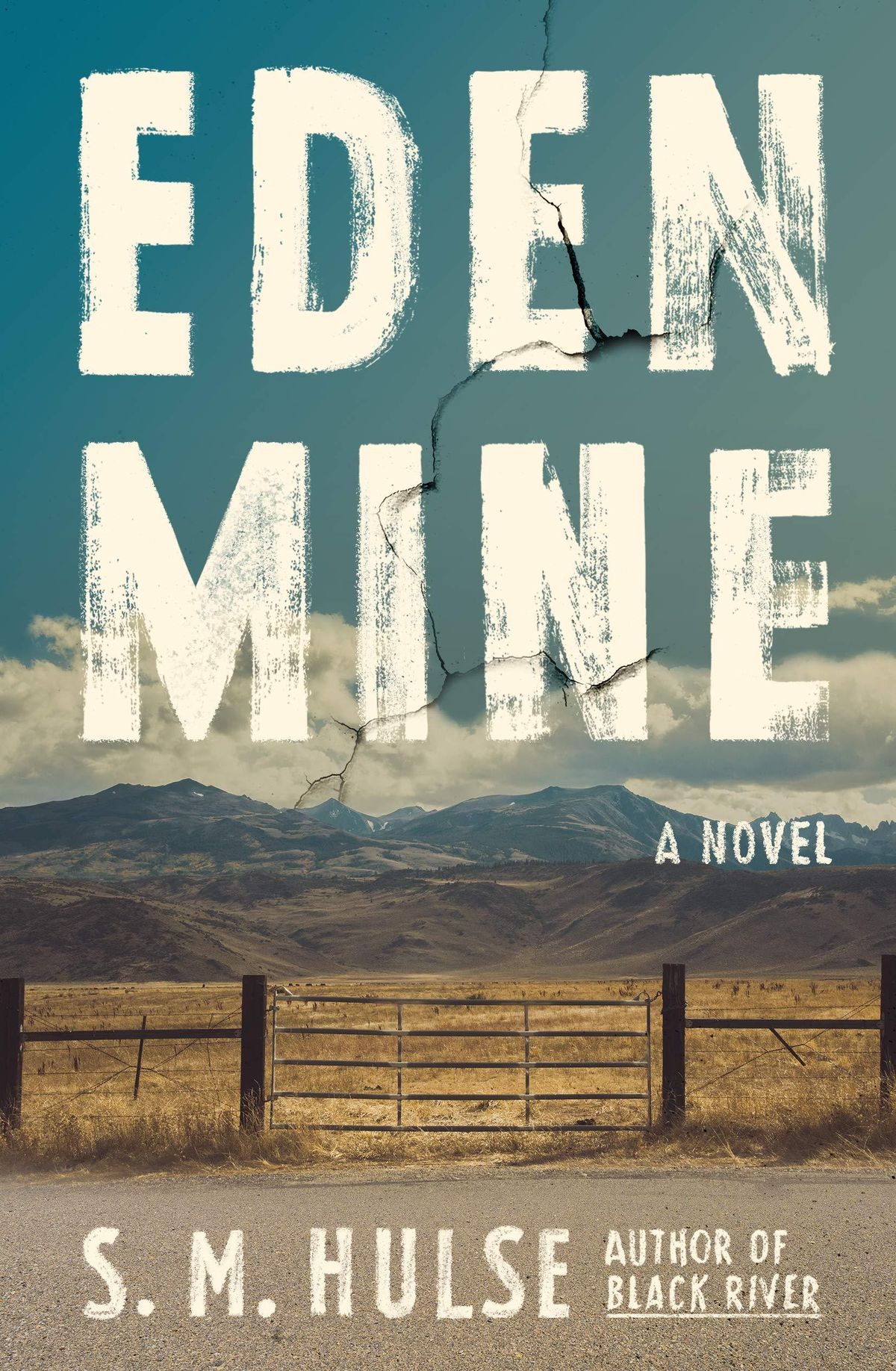Characters, place develop over time for local author Sarah Hulse

For local author Sarah Hulse, writing has been a lifelong and beloved pursuit. “I’ve been one of those people that’s always liked writing,” Hulse said. “Even when I was a kid, my mom used to write down the stories I would tell her.”
Hulse fondly remembered participating in a Young Authors program at St. George’s School where she studied through high school. “We would write a new story every year,” Hulse said. “But it was always something I did on my own, as well.” Hulse wrote her first novel in high school, but “It’ll never see the light of day.”
“I write a lot of things that don’t end up being published, but all of that is valuable work anyway.” Some of the concepts and characters from that first novel have subsequently made it into her published works, although not in their original setting.
“I am always interested in the process of writing, where the ideas come from and how they develop and change,” Hulse said, explaining the extensive revisions she undertakes while drafting her novels. “I have 30 manuscript boxes full of ‘Eden Mine’ in my apartment right now.”
As a writer, Hulse is fascinated by the role of setting in literature, particularly when it comes to novels associated with the West. “I’m always interested in why we label some books as regional and why some books don’t have that label even if they’re tied to place,” Hulse said. “I’m interested in the ways that the people, the landscape, the history and the myths of the West all converge.”
Set in the Northwest, Hulse’s most recent works represent a new kind of Western, one that explores the unintended and perhaps lesser-reported consequences of violence rather than violence itself. Her latest novel, “Eden Mine,” focuses on the social and emotional impact of loving a family member even after they’ve done something unforgivable.
Jo Faber, a paraplegic artist living in the fictional town of Prospect, Montana, is preparing to move out of her family home. The property has just been eminent domained by the state government to make way for a new freeway.
On a Sunday morning, 37 days before the state’s deadline, Jo is suddenly alone, forced to face a crisis of another kind altogether. Over the radio, Jo hears reports of critically injured churchgoers at a worship service caused by an explosion at the courthouse where she and her brother recently lost a case.
The local sheriff knocks on her door, and Jo fears the worst. Struggling to come to terms with the fact that this act of terror has been perpetrated by her brother, Samuel, Jo reluctantly befriends pastor Asa Truth, whose 9-year-old daughter Emily was injured in the blast. As Emily’s condition worsens, Jo is torn between loyalty to her brother and her desire to bring him to justice.
“It took a lot of calibration and revision to try and articulate all of that on the page,” Hulse said of Jo’s conflicted character. “A lot of what I write about is the aftermath of these events we see on the news that have a huge amount of attention given to them … and then something else comes along,” Hulse said. “I’m very interested in what happens afterward, how someone involved peripherally would fare.”
Hulse will join the Northwest Passages Book Club to discuss “Eden Mine” on March 18.